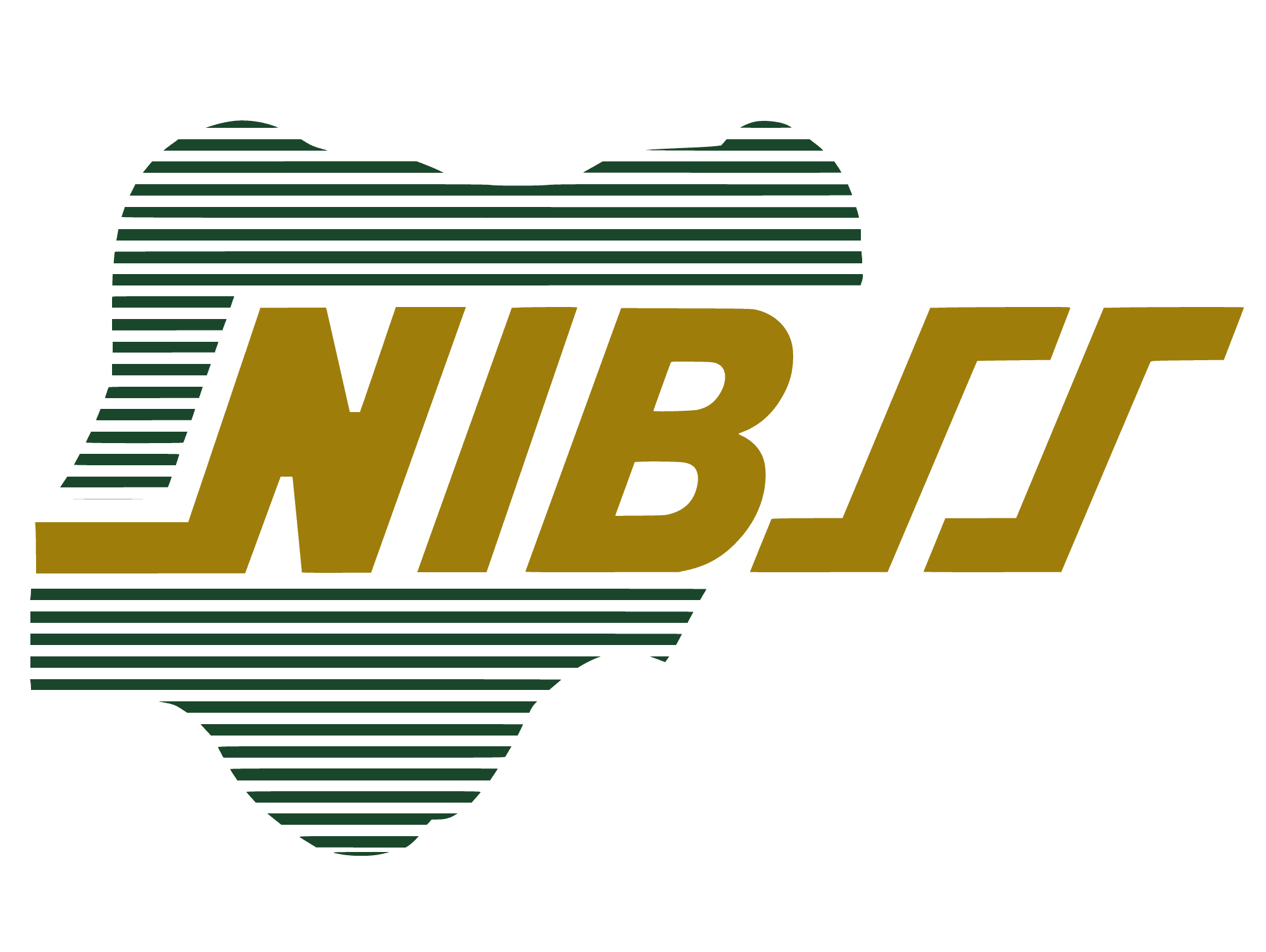
E-payment transactions in Nigeria hit N89.5trn — NIBSS
The Nigeria Inter-Bank Settlement Systems (NIBSS) has revealed that Nigerians spent a total of N89.5 trillion over electronic channels in July 2024.
According to the latest e-payment data, the July record came as the all-time high monthly transaction value on the NIBSS Instant Payment (NIP) platform.
This represents an 89 percent increase year on year when compared with the N47.4 trillion recorded in the same period of last year.
The July record brought the value of total electronic transactions in Nigeria from January to July 2024 to N566.3 trillion. The seven-month figure is already close to the N600 trillion recorded in the full year 2023 with five months of records to add for this year.
The volume of NIP transactions processed by NIBSS for the month also jumped from 743 million in July 2023 to 907 million in July this year. This represents a 22 percent increase year on year.
Industry analysts believe that the surge in e-payment transactions can be linked to the recent cash crunch experience and the cashless policy of the Central Bank of Nigeria (CBN) limiting the amount of cash that can be withdrawn daily.
According to the revised cashless policy, which came into effect on January 9, 2023, cash withdrawal by an individual is limited to N500,000 a week, while corporate organisations have a N5 million withdrawal limit in a week.
A Lagos-based financial analyst, Mr. Adewale Adeoye, said the non-availability of cash in banks like it used to be has been pushing more Nigerians to embrace cashless payment.
According to him, those who need cash by all means now resort to PoS operators, through which they either use their card or transfer into accounts to receive cash.
“It is expected that electronic transactions will continue to go up since banks are not willing to release cash like before. Aside from the CBN withdrawal limit, if you enter a bank today to withdraw cash, they may tell you that you can’t collect more than N5,000 over the counter.
“So, you are forced to use ATMs, which in most cases are also short of cash. If all that fails, you start looking for PoS operators or you resort to doing mobile transfers,” he said.




